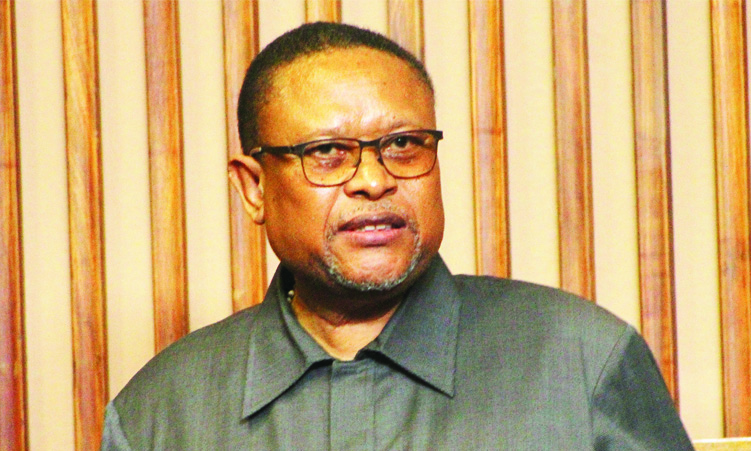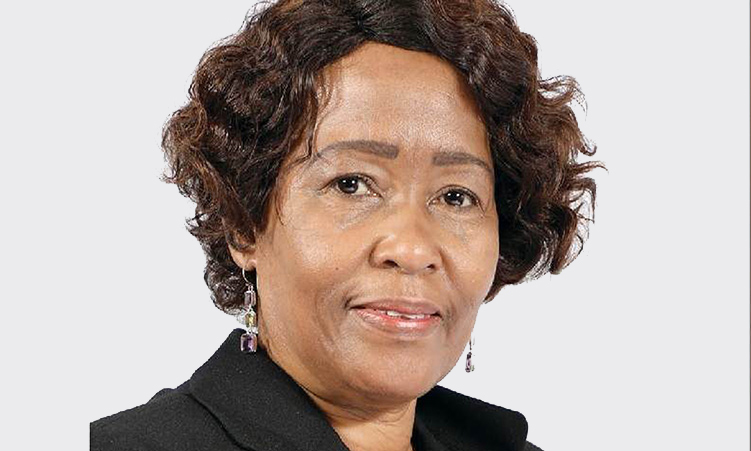I AM writing in response to your SMS page of Wednesday, April 8 2009, where a number of SMS messages appeared on the change to wintertime in Namibia.
Through this response I hope to put the time change into perspective. The Hon. Anna Frank of the DTA started the debate on a time change in Namibia in the National Assembly in 1992 and the principle of a time change was passed with two unanimous motions in the Assembly in that year. In her motivation for the time change, the late Hon. Frank approached it from the perspective that learners have to go to school in the dark during the winter, while some don’t even have sufficient clothes to protect them from the cold. Her main motivation, however, was the safety of learners and I quote from her statement in the National Assembly, ‘and the danger of girls – in these days girls and boys – who are raped on their way to school.’With the introduction of the Time Change Bill and during its second reading in the National Assembly on November 10 1993, the then Deputy Minister of Home Affairs, the late Hon. Nangolo Ithete, noted that in the past Namibia was forced to use the same time as applicable in the Republic of South Africa.He argued that since Namibia became independent it was necessary to set our time according to ‘international standards and our own geographical position’. The late Hon. Ithete informed the House that worldwide time zones were established in 1884 and that the meridian or longitude passing through the Greenwich Observatory in England was chosen as the starting point for the world’s time zone. At an international conference in 1984, twelve zones were set up west of Greenwich and 12 zones to the east, dividing the world in 23 full and two half zones. Prior to and shortly after Independence, Namibia’s time zone was set according to the 30 eastern meridian, which is applicable in South Africa.It would be more correct if Namibia’s time was set according to its geographical position, which is the 15 eastern meridian passing through Namibia. Due to the fact that a part of the Caprivi falls outside the 15 eastern meridian and in the 30 eastern meridian, Namibians in the Caprivi continue operating on summer time when the rest of Namibia changes to winter time. The changing of Namibia’s time was therefore dictated by the geographical location of the country, as well as by concerns about the safety of Namibia’s learners. I trust that this information will bring some clarity on the annual time change in the country.Mbeuta Ua-NdjarakanaPermanent SecretaryMinistry of Information
Stay informed with The Namibian – your source for credible journalism. Get in-depth reporting and opinions for
only N$85 a month. Invest in journalism, invest in democracy –
Subscribe Now!










